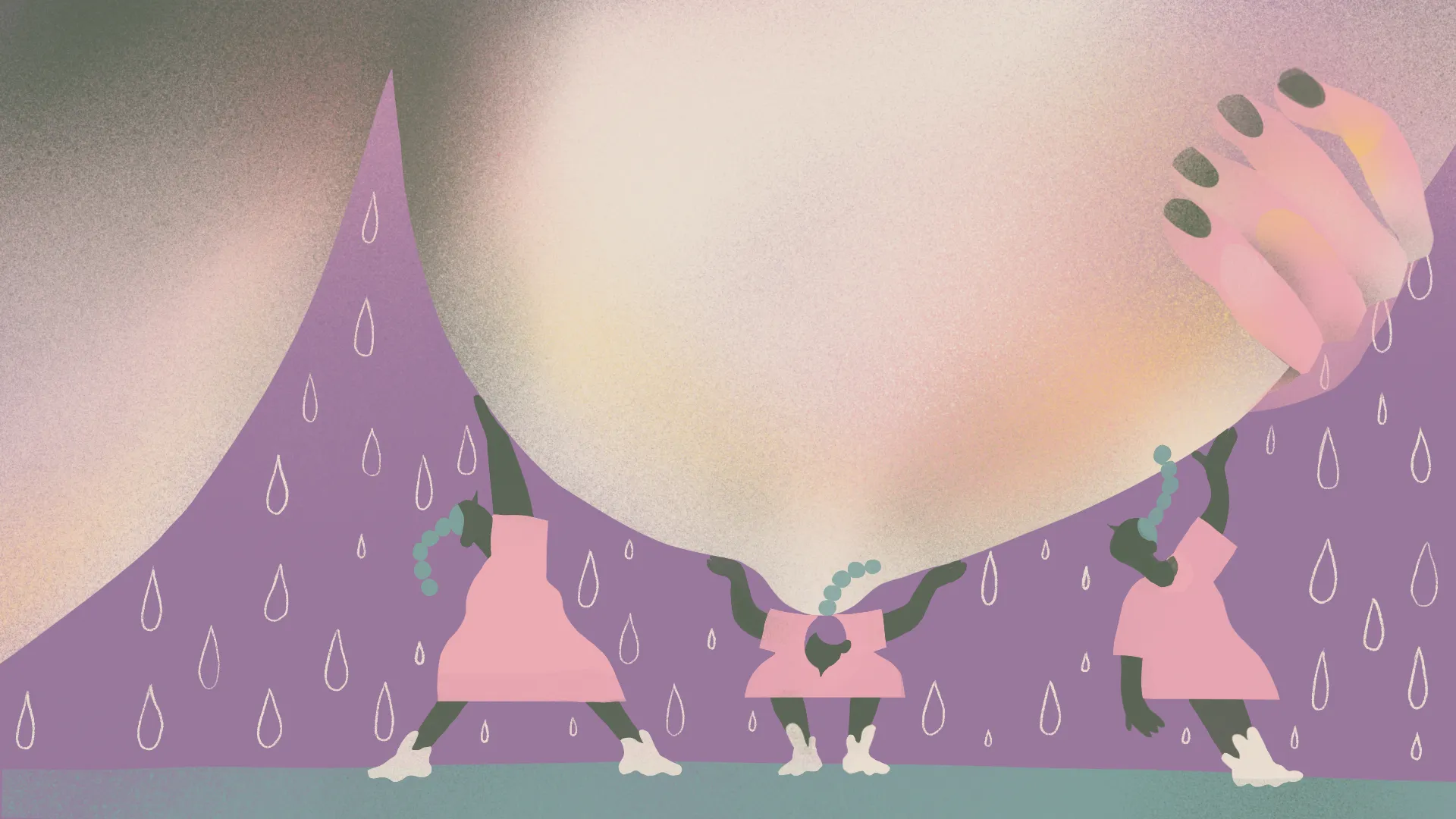Kate Rowe became a birth and postpartum doula through Bastyr University all while graduating with her bachelor’s degree from the University of Washington. She has worked with countless families from all different backgrounds and is now a midwife. Increasing families’ access to care in pregnancy, labor, and the postpartum period is Kate’s goal and passion.
It’s no secret that giving birth can be one of the most joyful experiences of your life—but it can also be incredibly intense. In a country where new parents are seldom given the emotional and physical support they need after birth, doulas and midwives play an essential role.
To understand what a doula does, we spoke to Kate Rowe, a doula and midwife. She recently obtained her doctorate, which focused on LGBT-inclusivity in healthcare.
The word doula means “with women.” The doula’s duty is to be with you and your family and to guide you through pregnancy, labor, and the postpartum period.
Women have always helped other women during birth, Rowe says. Typically, centuries ago, your female relatives would’ve taken on this role. “Women have always had somebody to help and support them with nutrition, hydration, and making sure they’re given resources in terms of maintaining comfort during pregnancy and labor,” she explains.
“A doula provides a lot of emotional, physical, and mental support during labor, which in our medical model here in the U.S., is typically not given by a care provider. If you’ve got an OB-GYN, and likely, high-volume birth practice at a hospital, you know that that doctor is not going to have their hands on your back, giving you a massage, rubbing your feet, and making sure that your partners have water,” she says. “That is generally where doulas come in.”
Many people think that doulas are only around during childbirth, but a doula might offer support after you give birth as well. After birth, a doula might stay with you to ensure that you’re settling in well with your baby. Some doulas meet you at your home and cook you a meal, check that you’re comfortable with breastfeeding, or act as an extra set of hands while you get settled in. The postpartum period can be quite difficult—you’re healing from labor and learning to care for yourself, as well as your baby—the support of a trained professional can be extremely helpful.
Not all doulas help you with this postpartum period. Some doulas specifically come in for this part—they’re called postpartum doulas. Other doulas do both, but every doula is different. If you decide to use a doula, they will outline what kinds of support they offer and what you can expect from the process.
Although Rowe is both a midwife and a doula, these two roles are different. A doula is a non-clinical support person, while a midwife is directly involved in the medical side of childbirth. A nurse midwife, for example, will assist the surgeon during a C-section and work alongside an OB/GYN during the birth.
Rowe first became a doula after studying medical anthropology in undergrad. Her studies made her realize how bad the maternal and infant mortality rate is in the U.S. Sadly, BIPOC and queer people are more likely to face unfortunate birth outcomes—such as mortality, postpartum depression, and difficulty breastfeeding—due to medical racism and homophobia.
As someone from outside the U.S., Rowe was shocked to learn this. “I’m from New Zealand, and we have a 90% led midwifery model of care,” she says. “Something has to really be wrong for you to need a doctor, because in general, everyone can be cared for and safe with the midwife.” Rowe did an undergrad paper on how doulas can improve these outcomes and decided to become a doula herself. She trained in Seattle, which is where she was based at the time.
Rowe later decided to become a midwife because doulas are not accessible to everyone. Despite the fact that doulas are extremely helpful in supporting the emotional and physical health of the family, they’re not covered by insurance and seen as a luxury. This is also not sustainable for doulas, as they also need to make a living wage. So, Rowe became a midwife because it meant she could be of service to more families.
There are some options for people who want doulas but can’t afford them. “There are certain places, like Seattle, where there are freely available, sliding-scale doulas,” Rowe says. “We have a lot of volunteer doula programs and things, so for folks that have zero budget for a doula, they can still have one.” Even so, many families who could benefit from doulas aren’t able to have one.
However, Rowe sees doulas as a necessary investment for public health. “If you have a traumatic birth event, a horrible pregnancy, or feel completely unsupported in labor, we know that that is a perfect recipe for [low] breastfeeding rates, poor healing, and massive amounts of postpartum anxiety and depression,” she explains. This can lead to allergies, asthma, and other health issues for the baby later on.
“We, as a society, need to actually invest in this transformational crazy experience that most people will go through at some point. It needs to be something that we see as valuable,” Rowe says.
Rowe feels like a huge part of her calling is helping people who need support with reproductive health. Whether that includes being a source of support during labor, being a friendly face to someone who’s getting an IUD inserted, or helping a sexual assault survivor have their first pelvic exam after the assault, Rowe works as an advocate for the wellbeing of her clients while giving them the support they need. “It’s such a privilege to be able to make people feel like they’re safe,” she says.
Judgment-free, inclusive education is also one of her passions. Follow her on Instagram and TikTok, where she posts educational content about reproductive and sexual health.
